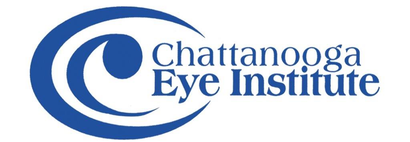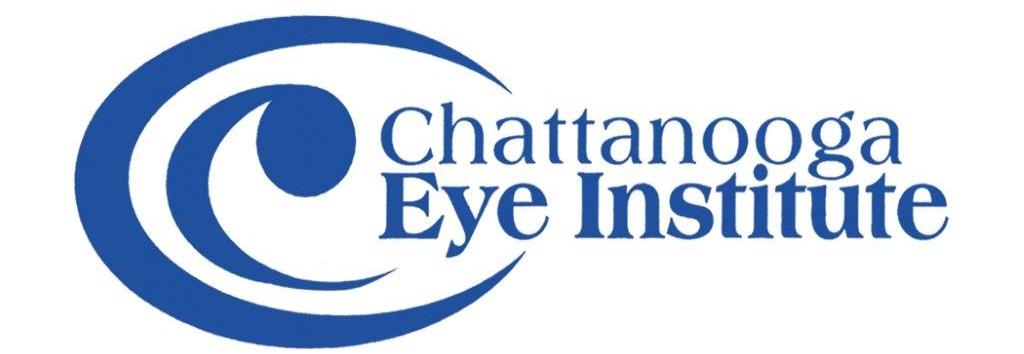OTHER SERVICES
Our Services at the Chattanooga Eye Institute
Cataracts
A cataract occurs when the lens of the eye becomes thick and cloudy, making it difficult for light to pass through easily, and causing hazy or blurred vision. The amount and pattern of cloudiness within the lens varies from patient to patient. If the cloudiness is not in the center of the lens, and is only around the edges, you may be unaware you have a cataract.
Common Cataract symptoms include
- A painless blurring of vision
- Glare or light sensitivity
- Frequent eyeglass prescription changes
- Double vision in one eye
- Needing brighter light to read
- Poor night vision
- Fading or yellowing of color
LASIK
Laser Vision Correction (LASIK) is a surgical procedure where an Excimer laser is used to remove microscopic layers of corneal tissue to change its shape and allow light rays to focus more directly on the retina.
Now in its third decade, LASIK surgery with Excimer laser frees hundreds of thousands of Americans each year from a lifetime of dependence on glasses or contacts. The technologically advanced Excimer laser, which can remove tissue with up to 0.25 microns of accuracy, has greatly enhanced the surgical control, precision and safety possible when correcting vision errors.
Each pair of eyes is unique. Unlike other eye care centers, Chattanooga Eye Institute does an extensive evaluation before surgery, in order to customize your treatment and get you the best results possible.
Glaucoma
Glaucoma is a condition in which fluid in the eye, called the aqueous humor, cannot drain properly, and creating pressure within the eye. This excess pressure can damage the optic nerve, causing blind spots, and if left untreated, total blindness.
If not treated early, glaucoma can lead to permanent vision loss. Glaucoma is often unnoticed until nerve damage is severe and irreversible. At regular eye checkups, your ophthalmologist can screen you for glaucoma and catch it early before severe damage is done.
Oculoplastics
Because we understand that the health of your eyes involves a wide range of issues beyond eye exams and common vision correction procedures, the Chattanooga Eye Institute is proud to offer a wide range of oculoplastic surgery options to correct eye lid problems
Dry Eyes
There are a number of symptoms related to dry eyes including: burning, itching, and foreign body sensation. There are a variety of dry eye treatments available. The most common are artificial tears, prescription eye drops, and occlusive plugs for the tear ducts. You and your doctor can determine what treatment option may be right for you.
Macular Degeneration
Macular degeneration (also known as AMD) occurs when a part of your retina, called the macula is damaged or deteriorates. Since the retina controls your central field of vision, macular degeneration can cause blurriness or blank spots in your vision when you look at something head on. Your peripheral vision is not affected. It is most common in people over 50. There are two main types of macular degeneration, dry (atrophic) degeneration, and C (neovascular) degeneration.
Presbyopia, Myopia & Hyperopia
Nearsightedness (myopia,) farsightedness (hyperopia,) and astigmatism are conditions caused by small deformities in the shape of the eye. Presbyopia is caused by loss of flexibility of the natural lens of the eye. They are usually treatable with glasses, contacts, or laser vision correction.
Diabetic Retinopathy
Diabetic retinopathy is an eye condition that results from high blood sugar levels which can damage the blood vessels in the retina. The damage can cause loss of vision. Diabetic retinopathy occurs in both adult and juvenile onset diabetes.
Schedule An Appointment
Thank you for contacting us.
We will get back to you as soon as possible
We will get back to you as soon as possible
Oops, there was an error sending your message.
Please try again later
Please try again later
CONTACT
5715 Cornelison Rd. #6600
Chattanooga, TN 37411
Medical
(423) 892-3937Optical
(423) 899-7070
EMAIL US
CONTACT
5715 Cornelison Rd. #6600
Chattanooga, TN 37411
Medical
(423) 892-3937Optical
(423) 899-7070
EMAIL US
© 2024
All Rights Reserved | Chattanooga Eye Institute | Powered by Flypaper | Privacy Policy



